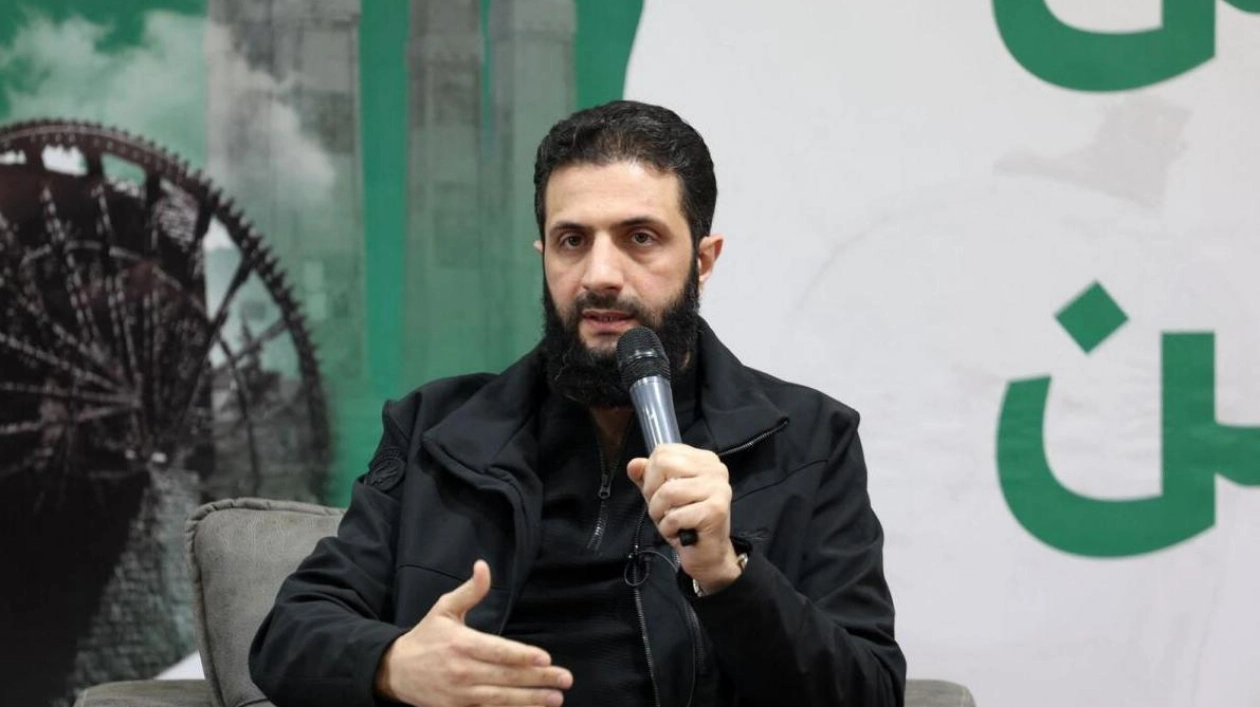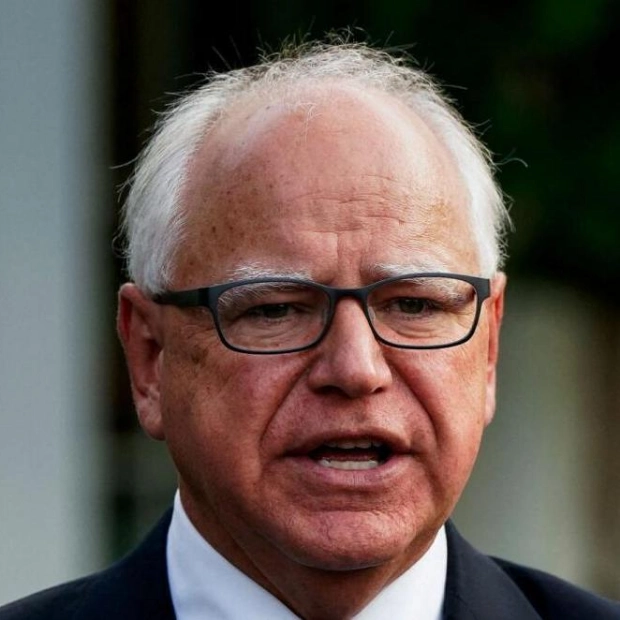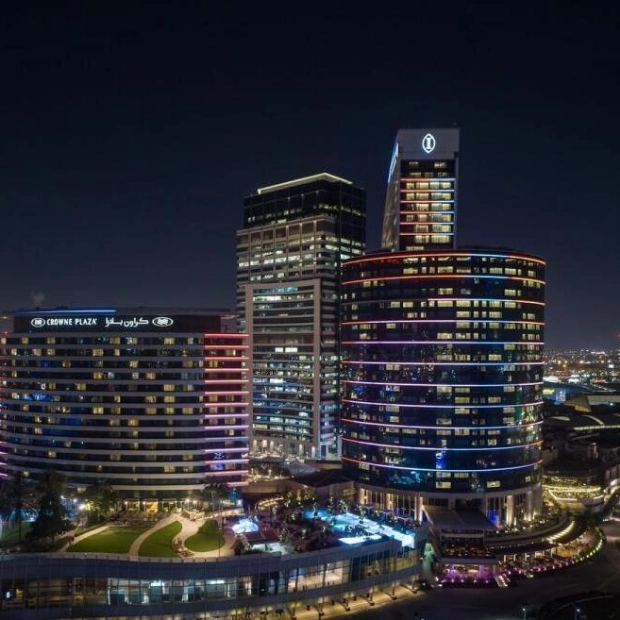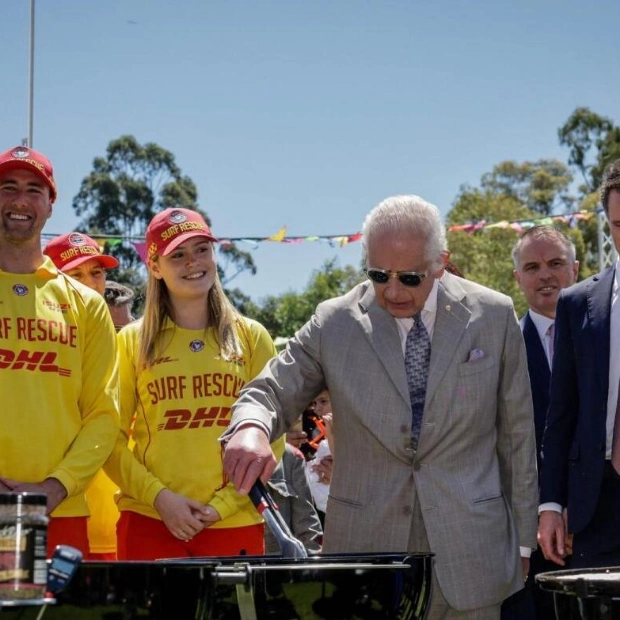Abu Mohammed Al Jolani, the leader of the alliance that spearheaded an offensive, is credited by rebels for bringing down President Bashar Al Assad and ending the Baath Party's five-decade rule in Syria. Jolani leads Hayat Tahrir al-Sham (HTS), which has its roots in Syria's branch of Al Qaeda. He has adopted a more moderate stance to achieve his objectives. On Sunday, as rebels entered Damascus, he instructed all military forces in the capital to avoid approaching public institutions. Earlier in the week, he stated that the aim of his offensive, which saw city after city fall from government control, was to overthrow Assad. Thirteen years after Assad's crackdown on a nascent democracy movement ignited Syria's civil war, the rebels declared Damascus free from the 'tyrant' and claimed the president had fled the country. Jolani, who had operated in the shadows for years, is now in the spotlight, conducting interviews with international media and delivering statements that have Syrians worldwide eagerly awaiting clues about their future. Earlier in the offensive, which commenced on November 27, he appeared in Syria's second city, Aleppo, after wresting it from government control for the first time in the war. Over the years, he has stopped wearing the turban associated with extremists, often opting for military fatigues instead. On Wednesday, he wore a khaki shirt and trousers while visiting Aleppo's citadel, greeting crowds as he moved through them. Since severing ties with Al Qaeda in 2016, Jolani has sought to present himself as a more moderate leader. However, analysts and Western governments still classify HTS as a terrorist organization, viewing Jolani as a 'pragmatic radical.' Thomas Pierret, a specialist in political Islam, noted that Jolani's radicalism peaked in 2014 during his competition with the jihadist Islamic State group. Since then, he has moderated his rhetoric. Born in 1982 in Mazzeh, an upscale district of Damascus, Jolani comes from a well-to-do family and was a good student. During the offensive, he began signing his statements under his real name, Ahmed Al Sharaa. In 2021, he revealed to US broadcaster PBS that his nom de guerre was a reference to his family's roots in the Golan Heights, claiming his grandfather had been forced to flee after Israel's annexation in 1967. According to the Middle East Eye news website, Jolani was first drawn to extremist thinking after the September 11, 2001 attacks. Following the US-led invasion of Iraq, he left Syria to join the fight, becoming part of Al Qaeda in Iraq, led by Abu Musab Al Zarqawi. He was subsequently detained for five years, preventing him from rising through the ranks of the organization. In March 2011, when the revolt against Assad's rule erupted in Syria, he returned home and founded the Al Nusra Front, Syria's branch of Al-Qaeda. In 2013, he refused to pledge allegiance to Abu Bakr Al Baghdadi, who would later become the emir of Daesh, instead pledging loyalty to Al-Qaeda's Ayman Al Zawahiri. Jolani, seen as a realist by his supporters and an opportunist by his detractors, stated in May 2015 that he had no intention of launching attacks against the West, unlike Daesh. He also proclaimed that there would be no revenge attacks against the Alawite minority, from which the president's clan stems, if Assad were defeated. Jolani cut ties with Al Qaeda, claiming it was to deprive the West of reasons to attack his organization. According to Pierret, he has since sought to carve a path towards becoming a credible statesman. In January 2017, Jolani imposed a merger with HTS on rival groups in northwest Syria, thereby gaining control of swathes of Idlib province that had fallen out of government hands. In areas under its control, HTS developed a civilian government and established a semblance of a state in Idlib province, while suppressing its rebel rivals. Throughout this process, HTS faced accusations from residents and rights groups of brutal abuses against dissenters, which the UN has classified as war crimes. Aware of the fear and hatred his group has sparked, Jolani has addressed residents of Aleppo, home to a sizeable Christian minority, assuring them that they would face no harm under his new regime. He also called on his fighters to maintain security in the areas they had 'liberated' from Assad's rule. Aron Lund, a fellow at the Century International think tank, noted that Jolani's actions are primarily a matter of good politics, aiming to reduce local and international panic and present himself as a responsible actor rather than a toxic jihadi extremist. While his sincerity may be questioned, it is considered the smart thing to say and do in the current context.
Source link: https://www.khaleejtimes.com






